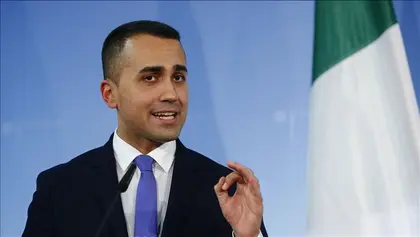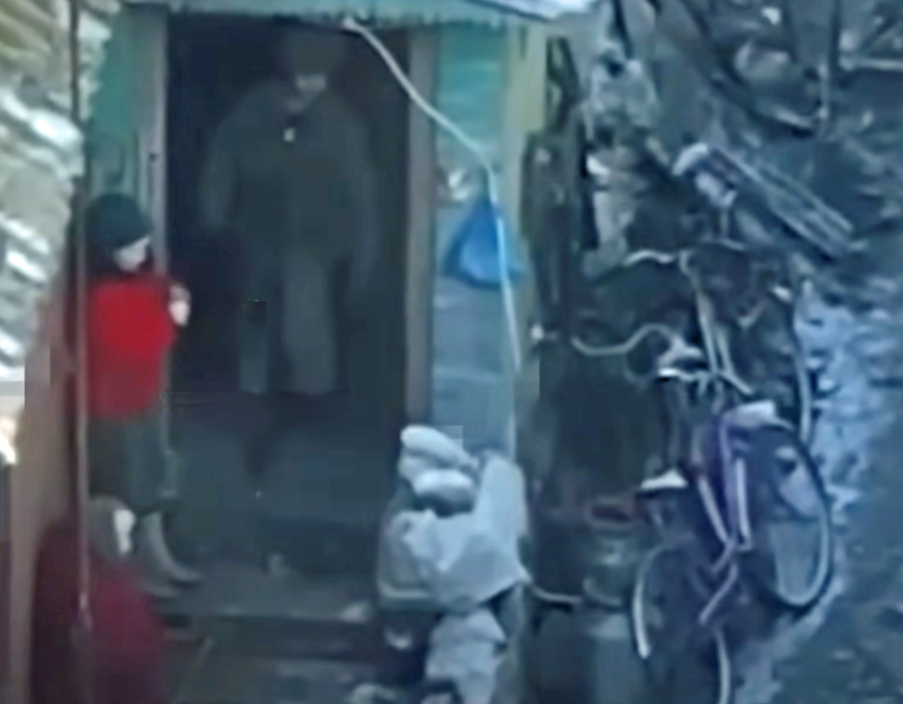The day after Ukraine celebrated 31 years of independence, on August 25, the Italian Minister of Foreign Affairs Luigi Di Maio visited Kyiv to reaffirm Italy’s support for Ukraine.
In the morning, the minister visited Irpin, from where he condemned the Independence Day attack on civilians at a railway station in the Dnipro region, resulting in 25 dead, including a child aged 11.
JOIN US ON TELEGRAM
Follow our coverage of the war on the @Kyivpost_official.
“Death and cruelty. Destroyed cities, torn to the ground. That’s the truth. War is real, just look at the pictures. Those who attempt to minimize what’s happening are complicit in the massacre. We cannot ignore the cry of pain from a brave people, who did not give up on defending themselves and defending us. Our support to the people of Kyiv and to the cause of “European resistance,” continues. And today I am here in Ukraine to bring the support of our country. We need to stop this atrocious war immediately, we need to seek peace with all our might,” Di Maio wrote on Facebook.
Later in Kyiv, Di Maio met President Zelensky, his counterpart, Mytro Kuleba, and the Minister of Interior Affairs Denys Monastyrsky.
The three discussed preparations for the eighth package of sanctions against Russia, and the need to stop Russian banking on energy “strangling Europe”.
Zelensky extended his thanks to Italian Prime Minister Mario Draghi and to the people of Italy for having supported, financially and militarily, the integrity and independence of Ukraine: “On the squares of large and small cities in Italy, we have always seen our flags next to the Italian flags in support of our sovereignty and our candidacy”, Zelensky remarked.

Russian Army Inches Towards Large Lithium Deposit in Ukraine
Di Maio expressed his wish that Italy’s support for Ukraine remains steadfast: “We wish that nothing changes… because Ukraine is the frontline of Europe”, said Di Maio, referring to the upcoming change of government in Italy. The crisis, according to Di Maio, was primarily ignited “not by chance” and instigated by those forces who “wink at Putin”. These include Matteo Salvini’s “League” party and Giuseppe Conte’s “Five Star Movement”.
Since the start of the current legislative period, Di Maio has made Ukraine the main focus of his capacity as minister of foreign affairs. For this reason, he has been publicly slandered by Russian authorities, including Russian counterpart Sergey Lavrov.
While still in charge, the Italian government continues to function, albeit on a reduced mandate. Members of the government find themselves in the odd position of governing and campaigning simultaneously. Di Maio, who will run in the center-left wing coalition with his new, small party, is maintaining his show of strength to Ukraine and represents a key part of the electorate. But it will be difficult to find others so supportive to Kyiv as Di Maio and Draghi.
Of relatively young age and not from the ranks of the traditional ruling class, Di Maio was a protagonist in the international arena when trying to prevent Russia’s invasion prior to Feb. 24. Russia therefore sought to destroy his credibility and reputation.
The outgoing Italian government has reiterated multiple times the need to keep supporting Ukraine – de facto highlighting the increasing concern that this support may be withdrawn by a government formed by those parties now most favored by the polls.
You can also highlight the text and press Ctrl + Enter






